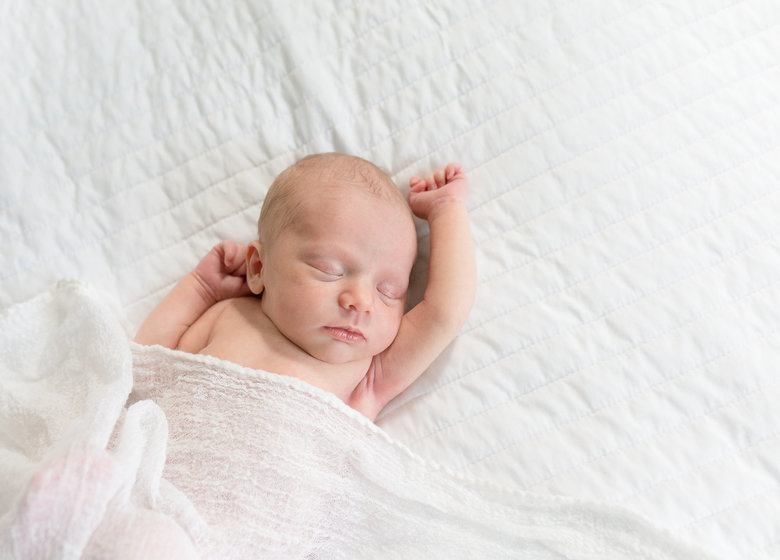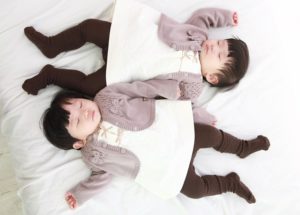Taking care of your New-born this Monsoon
While the rains are a great relief from the scorching heat, this season demands extra care in an infant’s home. Humidity, insects, mosquitoes and bacteria are common during the rainy season which can lead to various diseases, especially in babies. Proper dryness and hygiene can prevent many such diseases in our young ones.
For the baby’s hygiene
Here are simple and effective tips on baby care during monsoons.
-
Keep Your Baby Clean
The first and foremost point is to keep your baby clean and dry. A daily bath is not necessary. Instead sponging with warm towel can be an alternative. Though there are humid places where the baby may sweat a lot. In such cases a warm bath can be given during noon time. Check their folds and joints for any wetness or itching.
-
Clothing
Since the temperature fluctuates, babies should be dressed accordingly. Soft cotton fabrics, preferably with full sleeves, will not only keep them warm but also protect them from insect/mosquito bites. Overdressing can cause your baby to sweat leading to moisture. Moisture causes a chill and also is a perfect breeding place for bacteria. So frequent changes are required during this season.
-
Clean Private Parts
A baby’s private parts need to be thoroughly cleaned and dried. If using diapers, ensure frequent changes and cleaning. Avoid talcum powder in those areas. Though there is frequent urination when the temperature drops, try to keep your baby diaper free.
For the environment around the new-born
-
Prefer Home-cooked Food
Infants who have graduated to solids should be given well-cooked home food, preferably boiled. If on formula, the water should be boiled and cooled first.
-
Maintain Hygiene
It’s very important for the mother and other family members to maintain their hygiene too, especially when coming from outside. Washing hands before holding the baby, taking off shoes outside the main door are a few things to be kept in mind.
-
Clean House
Houses, especially on the ground floor accumulate a lot of dirt during rains. A shoe rack should be placed in the portico to avoid wet shoes indoors. With infants in house, the floors should be cleaned at least twice daily. No water storage should happen in or around the house.
-
Maintain the Body/Room Temperature
Air conditioners have become a necessity in most homes. But thankfully they come with various setting options and modes suiting the weather. Do set the temperature accordingly to keep your baby comfortable.
-
Sprays and Oils
Since mosquitoes multiply during this weather, occasional spraying with disinfectants could be done while you are away from home. Light lavender oils are best and natural for baby’s skin to keep them safe from mosquito bites while you are outdoors.
-
Avoid Crowd
Taking your baby to crowded places means an open invitation to infections. During monsoons infection is in the air, hence crowded places should be avoided.
-
Practice Medication
Though self-medication is not advised, as parents you can always talk to your pediatrician for basic medicines and dosage for common cold, cough and fever in case of any emergency.
How Often Should I Bathe My Baby In The Monsoon?
Your infant does not move around much to get dirty, and hence would not need a bath daily. You can schedule your baby’s bath twice or thrice a week. But because it gets humid at some places during the rainy season, you could choose to bathe your baby at the hottest time of the day when it is humid. This is if your schedule permits you. Make sure the water temperature is comfortable for your baby.
Keep your baby’s baths short and sweet, and do not let her skin get dry. If you have a toddler, bathe them as and when they get dirty, and make sure they do not play on wet floors or muddy areas. Keep your child well-hydrated and protect them from diseases.
Also read – Monsoon health care tips for babies













